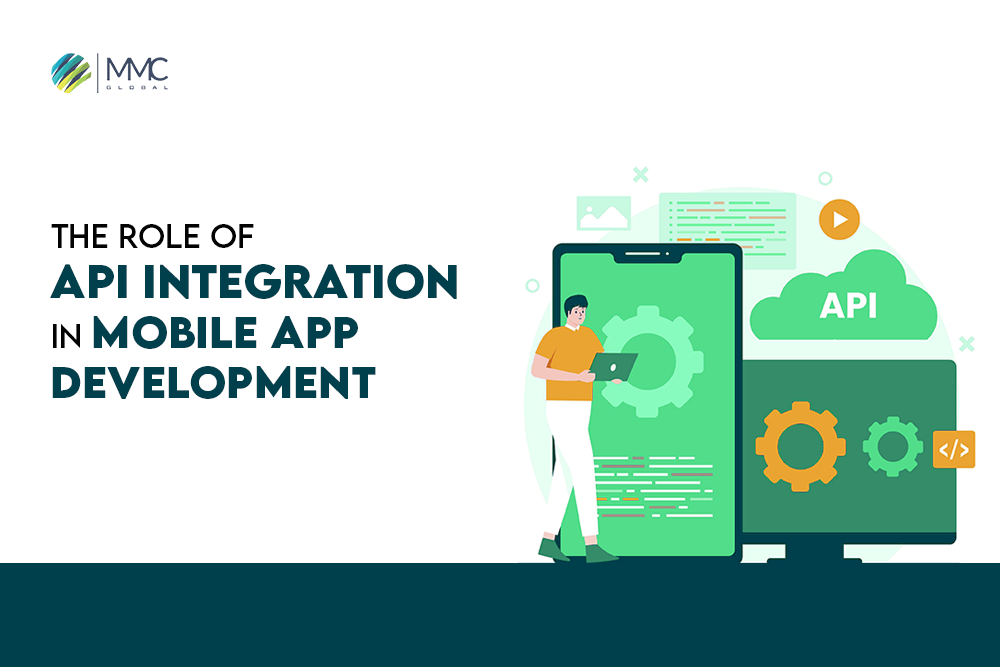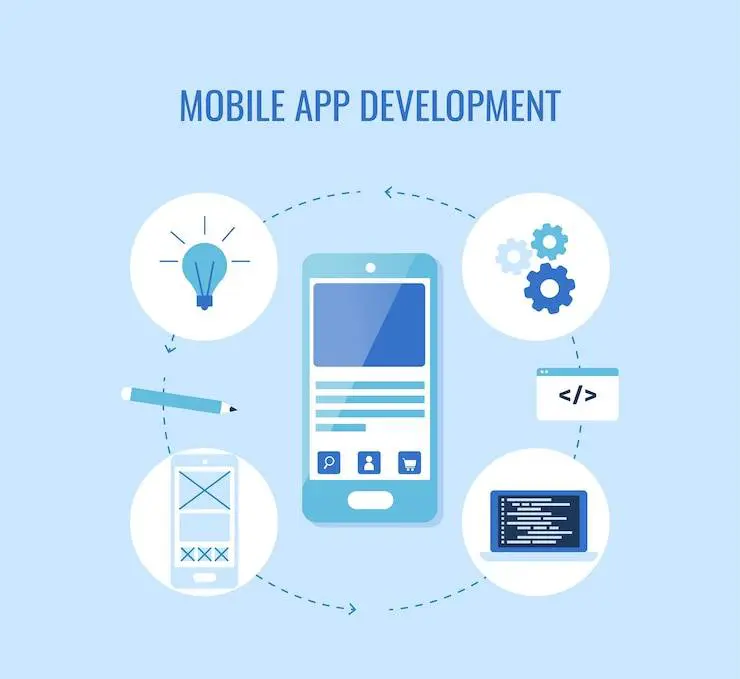The Role of API Integration in Mobile App Development


In the modern world, mobile apps have become an essential part of our lives. We rely on mobile apps, including meal orders and taxi reservations. Practically everything. But have you ever wondered how these apps work? One of the critical components of mobile app development is API integration. Here, we will discuss the role of API integration in mobile app development and the significance of API management.
What is API Development?
Many protocols comprise the application programming interface. And tools for building software applications. It specifies how different software components should interact with each other. API development involves designing, building, and maintaining a set of interfaces that can be used to access the functionality of a web or mobile application. MarketsandMarkets estimates that the API management market will reach USD 4.5 billion in 2022 to USD 13.7 billion by 2027, growing at a CAGR of 25.1%.

The Role of API Integration in Mobile App Development
API integration is the process of connecting an application to third-party services or data sources. In mobile app development, APIs enable developers to integrate features and services from different providers without building them from scratch. It saves time and effort and allows developers to focus on the app’s core functionalities.
API integration is crucial for custom mobile app development because it allows the app to interact with other systems and services. For example, if you are developing an e-commerce app, you may want to integrate it with a payment gateway, inventory management system, or shipping service. API integration makes connecting your app with these external systems and services possible.
The Significance of API Management
It is the process of creating, publishing, and managing APIs. It involves controlling access to APIs, monitoring their usage, and ensuring security. API management is essential for mobile app development because it helps developers to:
Standardize APIs
API management ensures that all APIs are developed and maintained according to the same standards. It makes it easier for developers to understand and use APIs from different providers.
Monitor API usage:
API management allows developers to monitor the usage of APIs, such as the number of requests, response time, and errors. This information can help developers to optimize their APIs and improve the performance of their apps.

Control access to APIs
API management provides tools for controlling access to APIs. It enables developers to restrict access to specific APIs or limit the number of requests per user. This helps to prevent the overuse of APIs and protect the system from abuse.
Ensure API security
API management provides tools for securing APIs. It allows developers to add authentication and authorization mechanisms to APIs, such as API keys, OAuth, or JWT. This helps to prevent unauthorized access to APIs and protect user data.
API integration has become an integral part of modern mobile app development. Mobile apps need to communicate with various external systems and services when the Internet of Things expands (IoT), cloud computing, and other emerging technologies. APIs provide a standard way for apps to interact with other systems and services, regardless of the platform or programming language they use.
One of the benefits of API integration is that it allows developers to reuse code and functionality from other apps and services. For example, a weather app may use an API from a third-party provider to retrieve weather data. This saves time and effort for developers, who do not have to develop the weather data retrieval system from scratch.
API integration enables developers to create modular, scalable, and maintainable code. By breaking down complex systems into smaller, more manageable components, developers can build apps that are easier to maintain and extend. APIs provide a clear separation between the app’s front-end and back-end, allowing developers to modify one without affecting the other.
API management is critical for mobile app development because it helps ensure APIs’ quality, security, and scalability. APIs can become overloaded, insecure, and unreliable without proper management, negatively affecting the app’s performance and user experience.
There are many API management tools and platforms available to developers. These tools provide a variety of features, such as API documentation, testing, versioning, and analytics. Some of the most popular API management platforms include Apigee, AWS API Gateway, Azure API Management, and Google Cloud Endpoints.
Conclusion
API integration plays a crucial role in mobile app development. It enables developers to add app features and services without building them from scratch. API management is equally important because it helps to standardize APIs, monitor their usage, control access, and ensure their security. Using APIs and their management, developers can build powerful and robust mobile apps that seamlessly interact with other systems and services.



